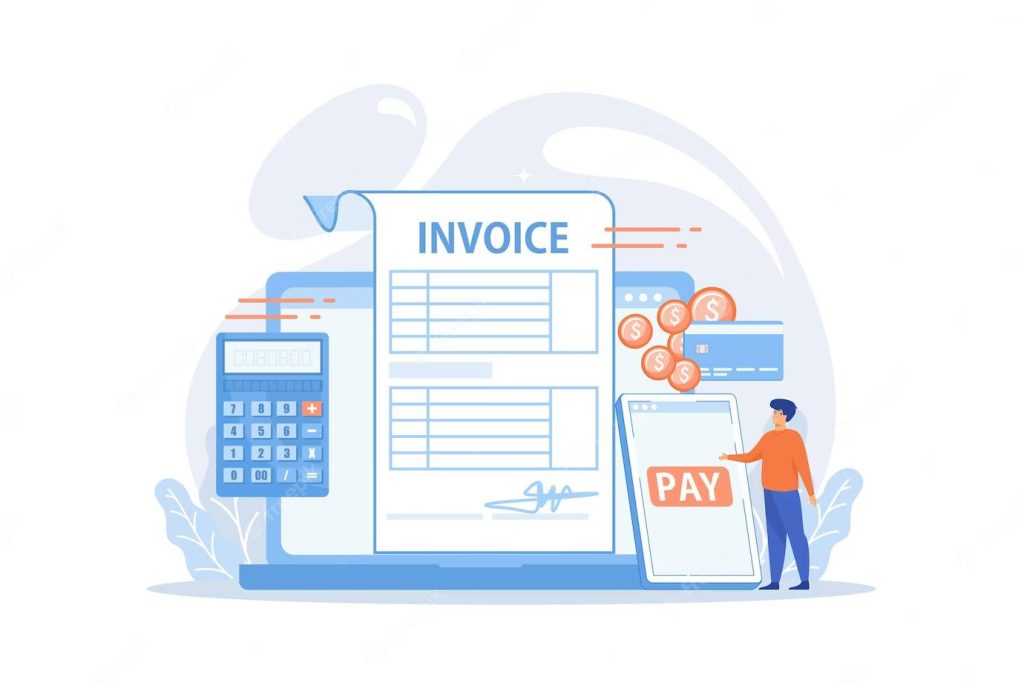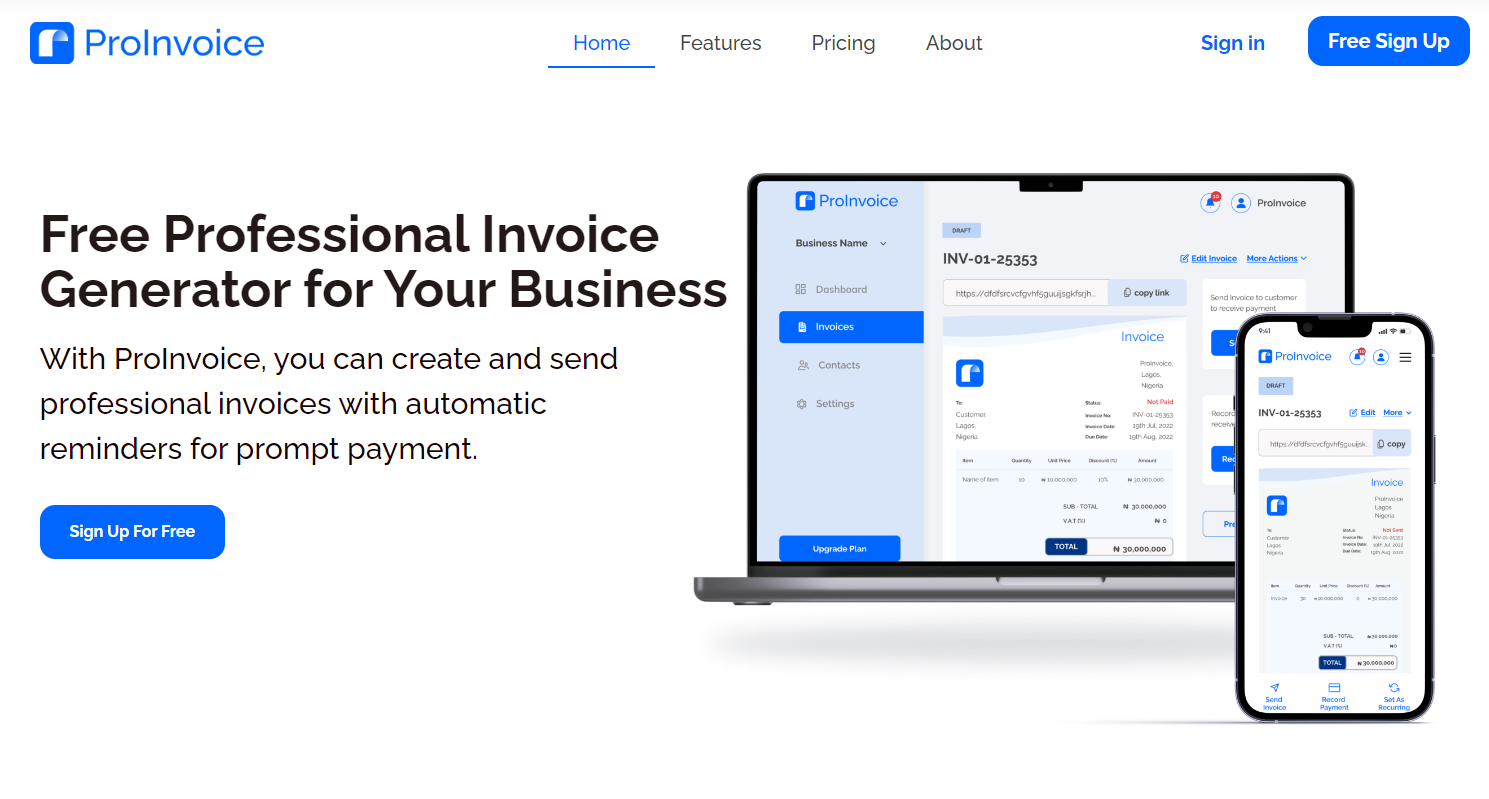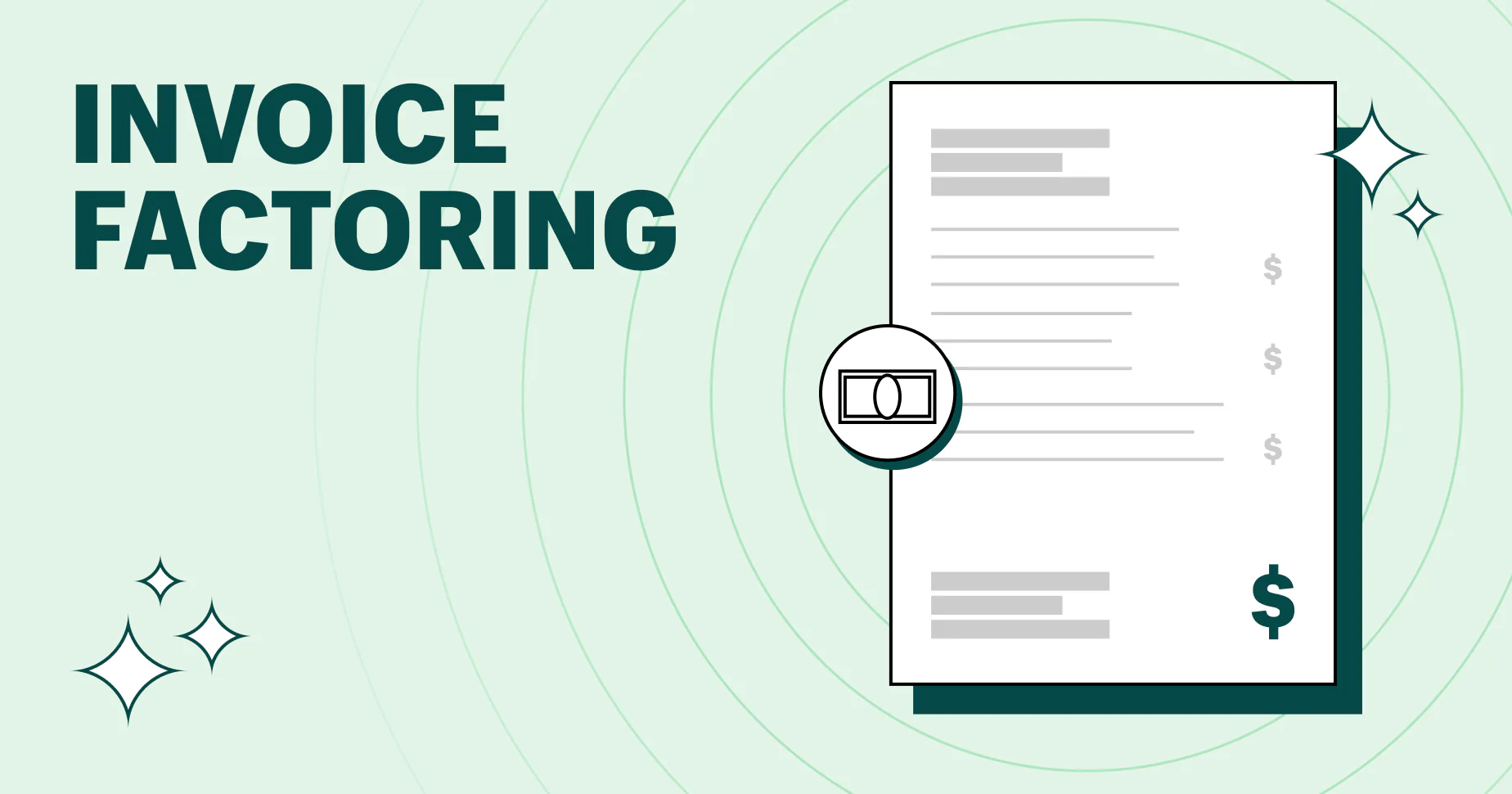Sending an invoice for the first time? or simply concerned about making sure you follow the rules of invoicing to make you look as professional as possible?
Then stick around and read this article to the end. An invoice is a document that lists goods and services that a merchant releases to the buyer, accompanied by the amount to be paid by the buyer.
An invoice is evidence of understanding between parties involved in the business transaction. So, therefore, there must be rules guiding the manner that business prepares their invoices.
If these rules are ignored, disputes, late payments, and other business problems that could affect the business can arise.
It is important to note that the rules of invoicing is crucial because they give a structure that forms the basis for sending bills to the customers for goods and services purchased.
When developing an invoice, we should add all the necessary information relating to the business organization.
Such information includes the name and address of the business organization, the buyer’s name and address, and the description of goods or services demanded with the quantities and respective prices.
Businesses should adopt a professional format for designing their invoices. To gain knowledge of the rules of invoices, we will explore different edicts of invoices and their significance in business.
Rules of Invoicing
1. The invoice must be succinct
When a company is designing an invoice, it must avoid technical jargon, which could cause confusion to the understanding of the client. Often such technical jargon could discourage the client from proceeding with payment. The business should use clear and properly constructed language while preparing an invoice.
2. The invoice must adopt a professional format
It is proper for a business invoice to contain the business logo. Such a logo must be professionally created. Also, the invoice must consist of content in the right fonts and style. A business should leave this in the hands of an expert like ProInvoice. ProInvoice is an easy-to-use digital platform that is created to simplify invoicing needs. ProInvoice prides itself on the mission to make professional invoices easily accessible to businesses across Africa. They offer different professional invoice templates that help your business send a professional invoice to your customer.
3. The invoice must include a unique invoice number
It is easier to distinguish between different professional invoices because the unique invoice number is given to each. This is to boost proper record keeping and easy traceability in terms of investigation or auditing. Also, this number must be in consecutive order. It ensures that there are no duplications of invoices.
4. Invoice must include the Invoice’s Date
This is crucial for record keeping and making payments. The invoice’s dates must be made abundantly apparent on the invoice. Also, the payment deadline must be clearly stated. This ensures that the buyer is fully aware of such conditions and makes payment when due to avoid or reduce confusion.
5. The invoice must include the contact information and name of the business
A professional invoice should have the registered business name by the CAC (in the case of business in Nigeria) and their contacts. This gives the assurance to the buyer to be sure of the delivering the invoice and the proper channels for communication. Also, this provides an avenue for enquires from the buyer to the business.
The invoice must include the recipient’s details
A standard invoice must contain the recipient’s details. The buyer’s name and contact details must be stated clearly in the invoice. This makes the receiver of the invoice aware of who the invoice is meant for and how to get in touch with them if there are any problems or inquiries.
Comprehensive Description of Products or Services
An invoice should entail a comprehensive description of products and services. Goods and services to be delivered must be clearly described for each line of the item in the invoice. It shows the buyers the goods and services that they are being charged for and also reduces confusion.
Total Amount Due must be present
The invoice distinguishes the amount payable. This comprises the total amount of products on the invoice as well as any applicable taxes or other fees. This makes the business aware of the specific debts and helps them prepare to make necessary payments.
Why are the rules of invoicing important?
- Legal Compliance: The requirements for billings the buyers are met by the business when they follow the rules of invoicing. This mostly involves sending out invoices that accurately list the required amount, taxes, payment agreement and the date the invoice was issued.
- Efficient Payment Processing: Following the rules of the invoicing, makes the business transaction precise and transparent. This makes it simpler for clients to make payments before the due dates. An efficient and transparent payment increases the cash flow and assists the business to prevent missing payments and legal issues.
- Proper Record-Keeping: The rules of invoicing help companies to maintain precise and well-organized records of their financial activities. Reporting of financial activities and compliance with tax would definitely benefit from this proper keeping.
- Professionalism: The rules of the invoicing if followed, show professionalism and trust and increase the client’s trust. More profitable client relationships and better commercial opportunities arise.
In conclusion, the rules of invoicing are crucial in businesses’ sending information to buyers. Firms must adhere to the invoice rules to preserve all financial compliance, enhances cash flow, and forge lasting client connections.
Every company, regardless of size, must have an invoice to present to the customers to collect payment for goods and services.
We should know that every business transaction must have this as a vital component, It serves the crucial purpose of keeping intact the company’s accurate cash flow.
But sadly many people consider the rules of the invoice a stressful chore to embark on. This is because careful attention to details must be taken, leaving little room for error.
Most significantly, it necessitates tight follow-up because many clients have a propensity of delaying payment until future and ambiguous dates.
Nothing is preventing businesses from adding information on their invoices beyond what was specified above.













